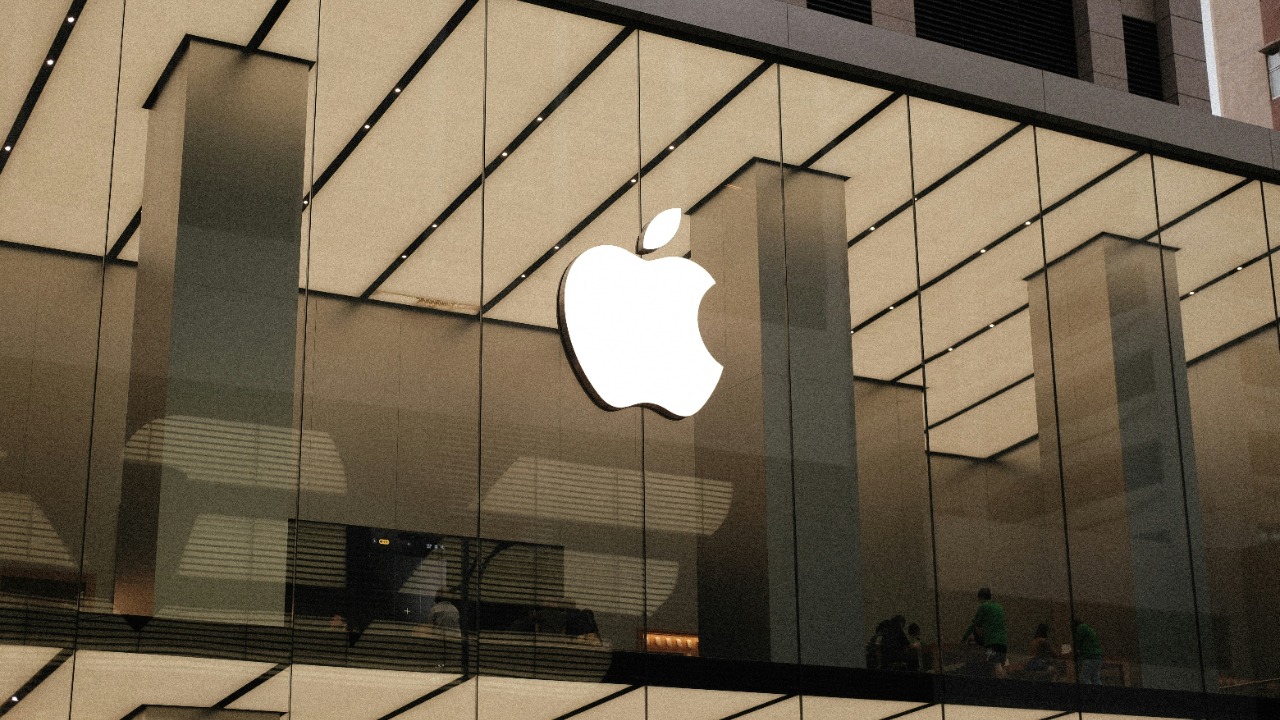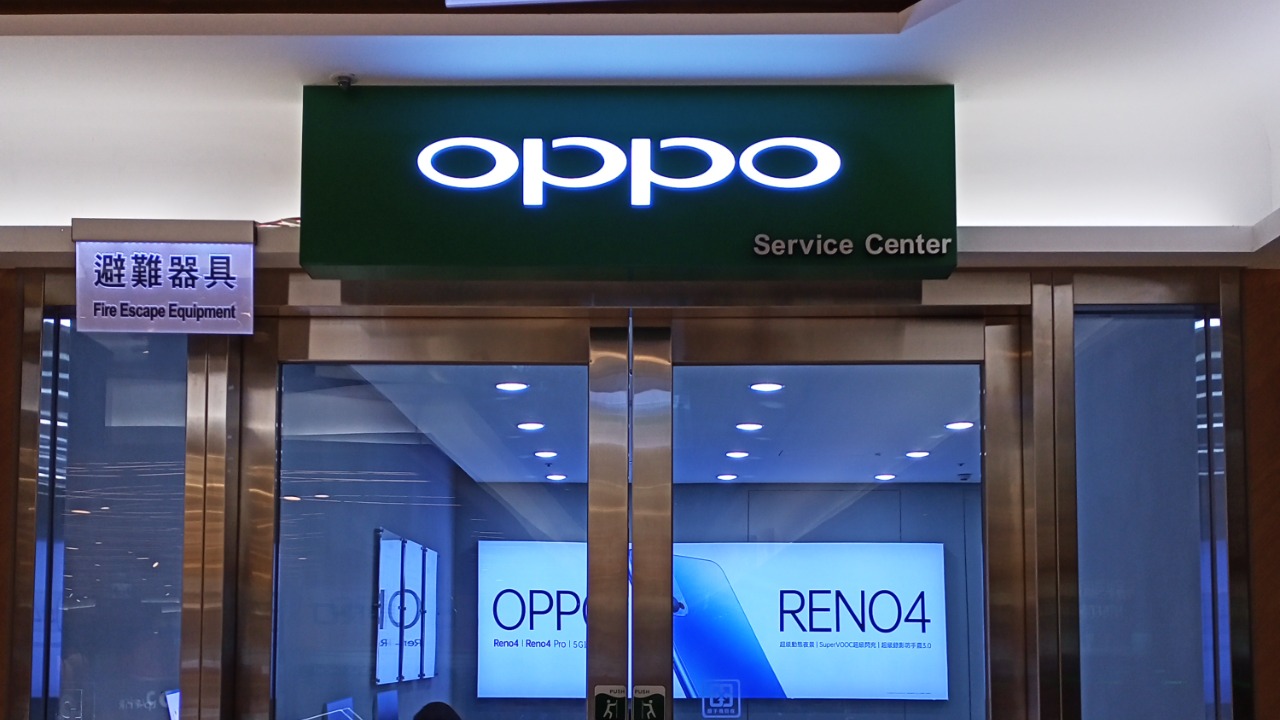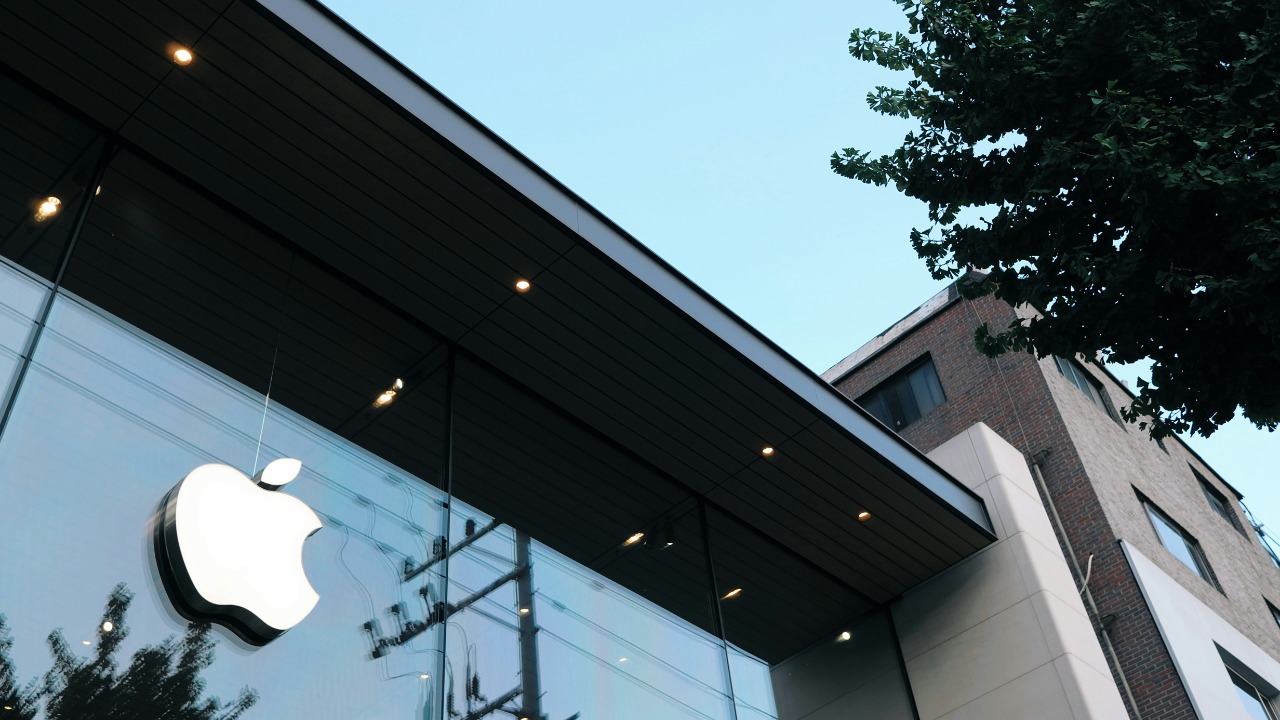
Apple has accused an ex-employee of stealing trade secrets related to the Apple Watch and providing them to Chinese tech company Oppo. This revelation has sparked significant discussion about corporate espionage and intellectual property theft in the tech industry. The case underscores the ongoing challenges that multinational companies face in protecting their innovations.
The Allegations Against the Ex-Employee

The allegations against the former Apple employee are both serious and detailed. Apple claims that the individual, who had been working within the Apple Watch division, illegally transferred sensitive information to Oppo. The specific trade secrets allegedly stolen include proprietary technologies related to the watch’s health monitoring capabilities and its unique operating system. These technologies are key differentiators for Apple’s products in a competitive market.
The ex-employee, whose background included a significant tenure at Apple, served in a role that provided access to sensitive information. Holding a senior position meant they were privy to the inner workings of Apple’s development processes. This access, combined with their technical expertise, positioned them uniquely to misappropriate valuable data. The ease with which they could access and potentially transfer this data raises questions about the limitations of internal security protocols at major tech firms.
Impact on Apple and the Tech Industry

The financial and competitive repercussions for Apple could be substantial. The Apple Watch is a crucial component of Apple’s product lineup, contributing significantly to its revenue and market influence. If Oppo or any other competitor capitalizes on stolen intellectual property, Apple could face reduced market share and revenue losses. The brand’s innovation edge, which it has long held over competitors, might be threatened if its proprietary technologies are compromised.
This case also highlights industry-wide concerns about intellectual property theft. Tech companies globally invest billions in research and development to create cutting-edge products, making them prime targets for corporate espionage. The incident with Apple and Oppo underscores the need for robust security measures. Many companies are now re-evaluating their security systems, realizing that the threat of intellectual property theft is not just a theoretical risk but a real and present danger.
Legal and Ethical Considerations

Apple is pursuing legal action against both the ex-employee and Oppo. The legal framework surrounding trade secret theft is complex, involving both civil and criminal components. Apple seeks to hold the ex-employee accountable for breach of contract and misappropriation of trade secrets. The potential outcomes could range from significant financial penalties to criminal charges, depending on the evidence and jurisdiction involved.
From an ethical standpoint, the case raises questions about the responsibilities of employees and corporations in safeguarding intellectual property. Employees have a duty to respect confidentiality agreements and maintain corporate integrity. On the other hand, corporations must establish clear protocols to protect sensitive information. The ethical implications extend beyond the immediate parties involved, influencing industry norms and expectations for employee conduct.
Response from Oppo and Broader Implications for Chinese Tech Companies

Oppo has officially denied any wrongdoing and claims to have conducted an internal investigation. According to their statement, they have found no evidence of receiving or using Apple’s proprietary information. The company emphasizes its commitment to innovation and ethical business practices, arguing that their products are developed independently and without infringing on competitors’ intellectual property.
This case has broader implications for Chinese tech companies, which are often viewed with suspicion regarding intellectual property issues. The perception of Chinese firms as potential beneficiaries of stolen technology could affect their global reputation and business relationships. It highlights the ongoing tension between China and Western markets over intellectual property rights, influencing international trade negotiations and collaborations. The incident could lead to increased scrutiny and regulatory pressure on Chinese tech entities as they expand globally.
Future Measures for Protecting Trade Secrets

In response to such incidents, companies like Apple are likely to implement enhanced security protocols. These might include more stringent access controls, regular audits of employee activity, and advanced data encryption technologies. Additionally, fostering a corporate culture that emphasizes the importance of data security and ethical behavior can be a significant deterrent against potential breaches.
International cooperation is also critical in addressing intellectual property theft. Global trade agreements and collaborations could provide a framework for protecting intellectual property across borders. By working with international partners, companies can develop standardized practices and legal mechanisms to deter and address theft. This collaborative approach is essential as technology continues to evolve and globalize, presenting new challenges and opportunities in safeguarding innovations.